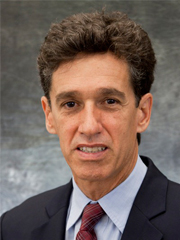Professor Piedrahita’s research is in the area of aquacultural engineering, with an emphasis on water quality. Past projects include the development of procedures and hardware for monitoring and treating water in aquaculture, and the creation of computer models of aquaculture production systems.
The focus of a recent project was the development of recirculation technologies and general culture and nutrition information for the California halibut. Culture techniques were developed for larvae through growout. An important aspect of the project was obtaining bioengineering data for this species, including rates of oxygen consumption and ammonia production, morphology, and allowable stocking densities and water velocities. The existence of regions of substantial oxygen depletion in the areas where the fish congregate on tank bottoms was documented, a finding that has important implications for tank design for this species and other flatfish. Further research is attempting to quantify the magnitude of the gradients for different tank/flow configurations.
The work with delta smelt is geared to the development of culture systems that are suitable for use with “green water”. Green water, achieved by enriching the water with algae, has been found to greatly improve larval survival and growth for delta smelt and many other species. The use of green water creates challenges in the management of recirculation systems, especially on controlling suspended solids and ensuring efficient biofilter operation.
In other recent work, Professor Piedrahita’s group has developed computational fluid dynamics models to simulate hydrodynamic patterns in the mouth of filter feeding fish. The understanding that has been gained and biomimetic principles have been used to develop new filtration technologies.





